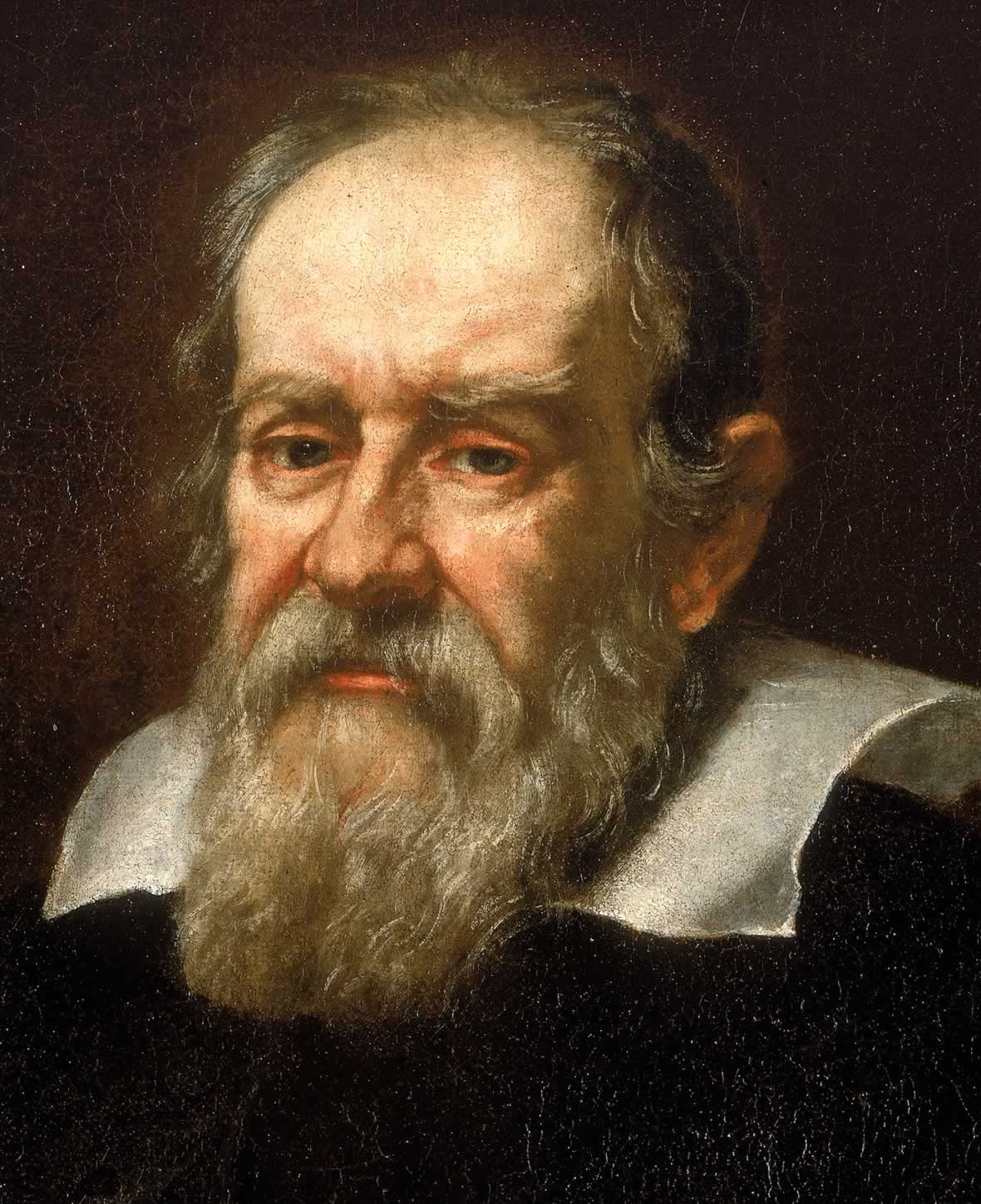|
Razia Sajjad Zaheer
Razia Sajjad Zaheer (15 October 1918, Ajmer – 18 December 1979, Delhi) was an Indian writer in the Urdu language, a translator, and a prominent member of the Progressive Writers Association. She won the Uttar Pradesh Sahitya Akademi Award as well as the ''Soviet Land'' Nehru Award. Early life Razia Dilshad was born in Ajmer, Rajasthan on 15 October 1918 in an academic family. Her father was the principal of Ajmer Islamia College. She received an undergraduate degree in Ajmer. She married Sajjad Zaheer, a poet and communist activist, when she was 20. He was one of the founders of the Progressive Writers Association (PWA), and was not interested in pursuing a career in law that he had trained for. Shortly after their marriage, he was arrested by the British for his revolutionary activities and imprisoned for two years. Razia obtained a postgraduate degree from Allahabad University. In the 1940s, Razia and her husband were in Bombay, where they were active in the cultural sphe ... [...More Info...] [...Related Items...] OR: [Wikipedia] [Google] [Baidu] |
Sajjad Zaheer
Syed Sajjad Zaheer ( ur, ) (5 November 1899 – 13 September 1973) was an Indian Urdu writer, Marxist ideologue and radical revolutionary who worked in both India and Pakistan. In the pre-independence era, he was a member of the Communist Party of India and the Progressive Writers' Movement. Upon independence and partition, he moved to the newly created Pakistan and became a founding member of the Communist Party of Pakistan. Early life and education Zaheer was born in Lucknow in 1905 and was the fourth son of Syed Wazir Hasan, a judge at the High Court of Judicature at Allahabad. He got his BA degree from the University of Lucknow in 1924. He then left for New College, Oxford for further studies. In his final year at Oxford he contracted tuberculosis and was sent to a sanatorium in Switzerland. On returning to England, he was influenced by the communist leader Shapurji Saklatvala and joined the Oxford Majlis. He attended the second Congress of the League against Imperialism ... [...More Info...] [...Related Items...] OR: [Wikipedia] [Google] [Baidu] |
Life Of Galileo
''Life of Galileo'' (), also known as ''Galileo'', is a play by the 20th century German dramatist Bertolt Brecht and collaborator Margarete Steffin with incidental music by Hanns Eisler. The play was written in 1938 and received its first theatrical production (in German) at the Zurich Schauspielhaus, opening on the 9th of September 1943. This production was directed by Leonard Steckel, with set-design by Teo Otto. The cast included Steckel himself (as Galileo), Karl Paryla and Wolfgang Langhoff. The second (or "American") version was written in English between 1945–1947 in collaboration with Charles Laughton, and opened at the Coronet Theatre in Los Angeles on 30 July 1947. It was directed by Joseph Losey and Brecht, with musical direction by Serge Hovey and set-design by Robert Davison. Laughton played Galileo, with Hugo Haas as Barberini and Frances Heflin as Virginia. This production opened at the Maxine Elliott's Theatre in New York on 7 December of the same year ... [...More Info...] [...Related Items...] OR: [Wikipedia] [Google] [Baidu] |
Translators To Urdu
Translation is the communication of the meaning of a source-language text by means of an equivalent target-language text. The English language draws a terminological distinction (which does not exist in every language) between ''translating'' (a written text) and ''interpreting'' (oral or signed communication between users of different languages); under this distinction, translation can begin only after the appearance of writing within a language community. A translator always risks inadvertently introducing source-language words, grammar, or syntax into the target-language rendering. On the other hand, such "spill-overs" have sometimes imported useful source-language calques and loanwords that have enriched target languages. Translators, including early translators of sacred texts, have helped shape the very languages into which they have translated. Because of the laboriousness of the translation process, since the 1940s efforts have been made, with varying degrees o ... [...More Info...] [...Related Items...] OR: [Wikipedia] [Google] [Baidu] |

